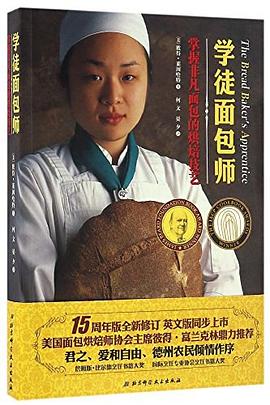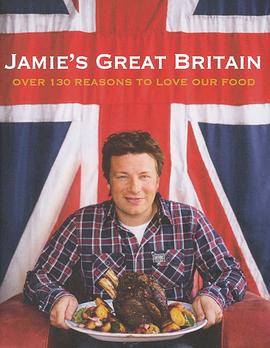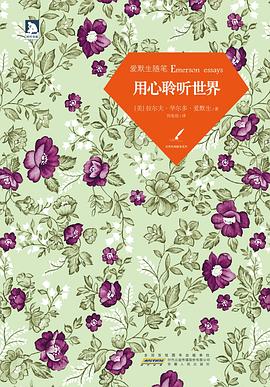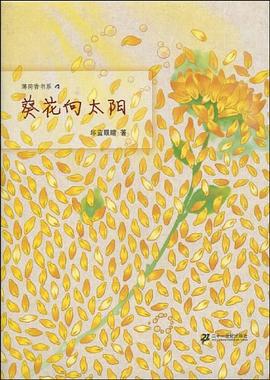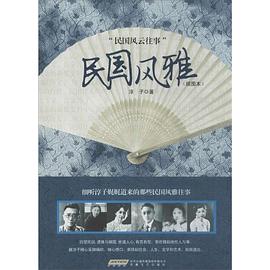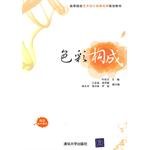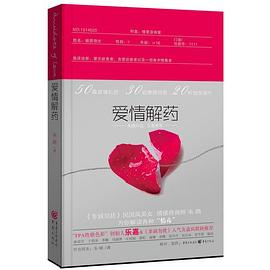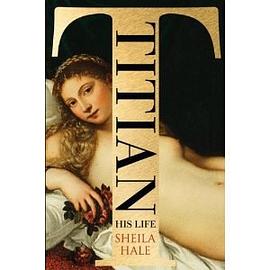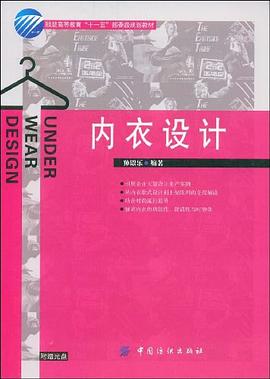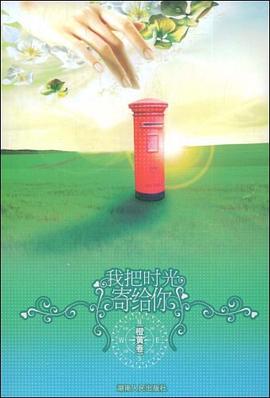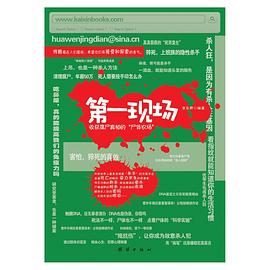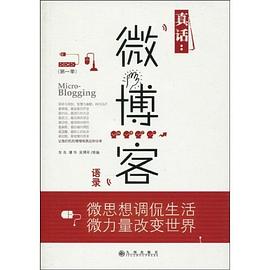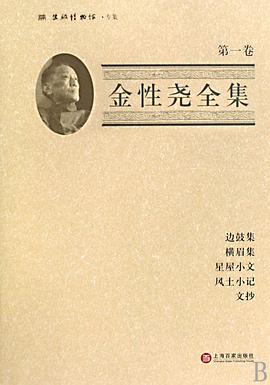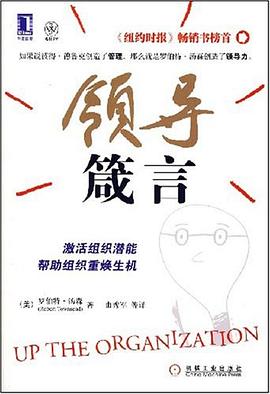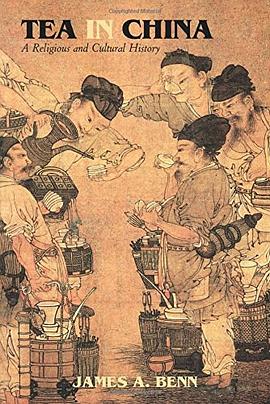
具体描述
Tea in China explores the contours of religious and cultural transformation in traditional China from the point of view of an everyday commodity and popular beverage. The work traces the development of tea drinking from its mythical origins to the nineteenth century and examines the changes in aesthetics, ritual, science, health, and knowledge that tea brought with it.
The shift in drinking habits that occurred in late medieval China cannot be understood without an appreciation of the fact that Buddhist monks were responsible for not only changing people's attitudes toward the intoxicating substance, but also the proliferation of tea drinking. Monks had enjoyed a long association with tea in South China, but it was not until Lu Yu's compilation of the Chajing (The Classic of Tea) and the spread of tea drinking by itinerant Chan monastics that tea culture became popular throughout the empire and beyond.
Tea was important for maintaining long periods of meditation; it also provided inspiration for poets and profoundly affected the ways in which ideas were exchanged. Prior to the eighth century, the aristocratic drinking party had excluded monks from participating in elite culture. Over cups of tea, however, monks and literati could meet on equal footing and share in the same aesthetic values. Monks and scholars thus found common ground in the popular stimulant—one with few side effects that was easily obtainable and provided inspiration and energy for composing poetry and meditating. In addition, rituals associated with tea drinking were developed in Chan monasteries, aiding in the transformation of China's sacred landscape at the popular and elite level. Pilgrimages to monasteries that grew their own tea were essential in the spread of tea culture, and some monasteries owned vast tea plantations. By the end of the ninth century, tea was a vital component in the Chinese economy and in everyday life.
Tea in China transcends the boundaries of religious studies and cultural history as it draws on a broad range of materials—poetry, histories, liturgical texts, monastic regulations—many translated or analyzed for the first time. The book will be of interest to scholars of East Asia and all those concerned with the religious dimensions of commodity culture in the premodern world.
作者简介
James A. Benn is professor of Buddhism and East Asian religions at McMaster University.
目录信息
读后感
茶不同于一般餐饮,它具有强烈的文化意味,这是常识。在中国,即使不喝茶的人,也知道茶分等级,上品极妙,饮之比仙。可要追问这观念从何而来,估计没有几个人能说清楚。说到茶叶的好坏贵贱,无非茶叶品牌、产地,略懂者能说出汤色、回甘、生津,精通者可以谈香型、叶底、条索...
评分于当今国人而言,茶是一款再平常不过的饮品。杭州人一年里有三个季节都在盼望春天龙井的滋味,云南山里的村民最爱生普那一口浓酽,家在潮汕的阿伯日日功夫茶不离手,甚至是被疫情隔离在家无法出门的年轻男女,都不忘点一杯奶茶外卖续命。 茶是从何时起,成为我们日常生活的重要...
评分茶不同于一般餐饮,它具有强烈的文化意味,这是常识。在中国,即使不喝茶的人,也知道茶分等级,上品极妙,饮之比仙。可要追问这观念从何而来,估计没有几个人能说清楚。说到茶叶的好坏贵贱,无非茶叶品牌、产地,略懂者能说出汤色、回甘、生津,精通者可以谈香型、叶底、条索...
评分加拿大麦克马斯特大学佛教研究中心主任、佛教与东亚宗教教授贝剑铭选取了一个不错的切入点,把中国茶史和宗教与文化相结合,写成了《茶在中国:一部宗教与文化史》。 该书并非中国茶叶全史,作者专业所向,大半内容在讲述唐代茶史,这是该书最有价值的部分,前面溯源茶的由来,...
评分加拿大麦克马斯特大学佛教研究中心主任、佛教与东亚宗教教授贝剑铭选取了一个不错的切入点,把中国茶史和宗教与文化相结合,写成了《茶在中国:一部宗教与文化史》。 该书并非中国茶叶全史,作者专业所向,大半内容在讲述唐代茶史,这是该书最有价值的部分,前面溯源茶的由来,...
用户评价
《Tea in China》这本书,是我近年来读过的最令人回味无穷的一本书。它以一种极其优雅的方式,带领读者走进中国茶的“前世今生”。我之前对中国茶的了解,仅限于几种常见的茶叶名称,而这本书则系统地、全面地展现了茶在中国社会发展进程中所扮演的角色。从它的起源传说,到作为饮品普及全民,再到作为一种文化符号走向世界,每一个阶段都被作者描绘得生动而真实。我印象最深刻的是关于茶马古道和丝绸之路的章节,茶不仅仅是一种商品,更是连接不同文明、促进文化交流的重要媒介。书中穿插的许多历史故事和人物传记,也为我对茶的理解增添了许多人性的温度。例如,那位在战乱年代坚持种茶制茶的茶农,那位将中国茶带到海外的商人,他们的故事都让我深受感动。这本书的文字流畅优美,仿佛带着茶的清香,每一页都值得细细品味。它让我认识到,中国茶不仅仅是一种饮品,更是一种生活方式,一种哲学思想,一种历史传承。
评分对于《Tea in China》这本书,我只能用“惊艳”来形容我的感受。它并非一本枯燥的学术专著,而是将茶与中国历史、哲学、艺术、社会风俗等方方面面巧妙地融合在一起,形成了一部充满人文关怀的百科全书。作者对中国茶的理解之深,对中国文化的热爱之切,字里行间都显露无疑。我尤其被书中关于茶与诗词、茶与绘画、茶与禅宗的联系所吸引。那些茶人如何在品茗中获得灵感,创作出流传千古的诗篇,如何在茶香中感悟生命的真谛,这些都让我对茶的认识上升到了一个全新的高度。书中对不同地域茶文化的对比分析也十分精彩,从江南的碧螺春,到福建的乌龙,再到云南的普洱,每一个地方的茶都有其独特的风韵和故事,作者都能娓娓道来,引人入胜。我曾尝试过书中介绍的几种泡茶方法,虽然还达不到书中描述的那种“茶韵”,但已经能够感受到其中蕴含的乐趣和仪式感。这本书不仅满足了我对中国茶的求知欲,更激发了我对中国传统文化的热情,让我渴望去亲身体验那些古老的茶馆,去品尝那些地道的中国茶。
评分我必须承认,《Tea in China》这本书完全超出了我的预期。原本以为会是一本偏向实用的茶艺指南,没想到却是一部融合了历史、人文、地理、艺术的鸿篇巨制。作者以一种非常沉浸式的体验,将我带入中国茶的世界。我最喜欢的部分是关于茶在不同朝代的地位和影响的论述。从唐朝陆羽的《茶经》开创了茶的饮用和品鉴的规范,到宋朝点茶的艺术化,再到明清时期散茶的普及,每一个时期都各有特色,都体现了茶与当时社会文化的高度契合。书中对于茶具的详细介绍也让我大开眼界,各种材质、各种形制的茶具,都承载着独特的历史信息和审美价值。我曾经以为泡茶只要烧水就行,但这本书让我了解到,器皿的选择、水温的控制、冲泡的手法,都对茶的最终风味有着至关重要的影响。这本书的阅读过程,与其说是在获取知识,不如说是在进行一次精神的旅程,每一次阅读都像是在与历史对话,与文化交流。
评分《Tea in China》这本书,可以说是为我打开了一扇全新的大门。我一直以为中国茶不过是几种简单的饮品,而这本书则让我看到了茶背后隐藏的巨大能量和丰富内涵。作者以一种非常生动的方式,将我带入中国茶的世界。我最喜欢的部分是关于茶的“道”的探讨,茶的冲泡、品饮,不仅仅是一种生理上的享受,更是一种精神上的修行。书中描绘的那些在山林间、在寺庙里、在茶馆中的饮茶场景,都充满了禅意和诗意。我曾尝试过书中介绍的几种不同产地的茶叶,细细品味它们的香气、滋味和回甘,那种微妙的差别让我惊叹不已。这本书的文字优美流畅,仿佛带着茶的清香,每一个字都充满了韵味。它让我明白了,中国茶不仅仅是一种饮品,更是一种生活哲学,一种对自然、对生活的热爱和尊重。这本书让我对中国文化有了更深的理解,也更加热爱我的祖国。
评分《Tea in China》这本书,彻底刷新了我对中国茶的认知。它不是一本简单的科普读物,而是一部充满人文情怀的文化史。作者以一种非常沉浸式的方式,将我带入中国茶的广阔世界。我最喜欢的部分是关于茶与中国文人雅士的联系。那些在品茗中寻找灵感的诗人、画家,那些在茶香中感悟人生的哲人,都通过这本书鲜活地展现在我眼前。我曾尝试过书中介绍的几种不同冲泡方法,虽然还没有达到书中描述的那种“茶之韵味”,但已经让我体会到了其中的乐趣和仪式感。书中的插图也十分精美,那些古老的茶具、茶园的描绘,都为我的阅读增添了视觉上的享受。这本书让我明白,中国茶不仅仅是一种饮品,更是一种文化载体,一种精神寄托。它让我更加热爱中国传统文化,也更加渴望去探索茶背后的故事。这本书的阅读过程,是一次心灵的洗礼,也是一次文化的熏陶。
评分《Tea in China》这本书,自从拿到手,就成了我床头最重要的伴侣。我一直对中国文化有着浓厚的兴趣,而茶,无疑是中国文化中最具代表性的符号之一。这本书并没有仅仅停留在介绍茶叶的种类和冲泡方法,而是更深入地挖掘了茶在中国历史长河中的演变、在社会生活中的地位,以及它如何成为连接人与人、人与自然之间情感的纽带。阅读过程中,我仿佛置身于历史的画卷之中,从古代文人雅士的品茗论道,到市井小民的茶馆闲谈,再到如今茶文化在世界范围内的传播,这本书都用细腻的笔触一一展现。我尤其喜欢其中关于茶礼的描述,那些繁复却充满仪式感的步骤,不仅仅是为了泡好一杯茶,更是对自然、对客人、对生活本身的一种尊重和敬意。书中的插图也恰到好处,那些泛黄的古籍拓片,精美的茶具描绘,以及充满东方韵味的茶园风光,都为我的阅读体验增添了无限的色彩。每一次翻开这本书,都能从中汲取新的养分,我对中国茶的理解也越来越深刻。它不仅仅是一本书,更是一扇窗,让我得以窥见中国茶背后那博大精深的文化底蕴。
评分《Tea in China》这本书,给我带来了前所未有的阅读体验。它以一种极其精妙的方式,将我带入中国茶的“前世今生”。我之前对中国茶的了解,仅限于几种常见的茶叶名称,而这本书则系统地、全面地展现了茶在中国社会发展进程中所扮演的角色。从它的起源传说,到作为饮品普及全民,再到作为一种文化符号走向世界,每一个阶段都被作者描绘得生动而真实。我印象最深刻的是关于茶马古道和丝绸之路的章节,茶不仅仅是一种商品,更是连接不同文明、促进文化交流的重要媒介。书中穿插的许多历史故事和人物传记,也为我对茶的理解增添了许多人性的温度。例如,那位在战乱年代坚持种茶制茶的茶农,那位将中国茶带到海外的商人,他们的故事都让我深受感动。这本书的文字流畅优美,仿佛带着茶的清香,每一页都值得细细品味。它让我认识到,中国茶不仅仅是一种饮品,更是一种生活方式,一种哲学思想,一种历史传承。
评分《Tea in China》这本书,是我近期阅读体验中最具深度和广度的一本。它以茶为线索,串联起了中国数千年的历史变迁和社会发展。作者的研究非常严谨,引用的史料丰富,但叙述方式却一点也不显得枯燥。我尤其欣赏书中对茶在不同历史时期社会阶层中的地位和作用的分析。从最初的药用,到宫廷的贡品,再到士人阶层的雅饮,最后普及到民间,茶的每一次转型都与当时的社会文化紧密相连。书中对于茶与贸易的论述也让我印象深刻,茶作为中国重要的出口商品,在历史上曾扮演了重要的经济角色。我一直认为,一本书的价值在于它能否在读者的心中留下深刻的印记,而《Tea in China》无疑做到了这一点。它不仅仅是提供了一些关于茶的知识,更是让我对中国的历史和文化有了更深刻的理解和感悟。这本书的阅读过程,就像是与一位博学的朋友在进行一场关于茶的深度对话,受益匪浅。
评分拿到《Tea in China》这本书,我怀着一份好奇与期待。而翻开它之后,我便被深深吸引。这本书不仅仅是关于茶叶的介绍,更是一部关于中国文化、历史和生活方式的深度探索。作者以一种非常细腻的笔触,描绘了茶在中国人生活中的方方面面。我特别喜欢书中对茶与节日、茶与婚俗、茶与节气的联系的描述。这些细节,让我看到了茶在中国传统社会中扮演的多重角色,它不仅仅是一种饮品,更是情感的寄托,是礼仪的载体,是文化传承的象征。我曾尝试按照书中介绍的方法,为家人准备了一次“茶的下午茶”,虽然手法还略显生疏,但家人们的赞赏让我感到非常开心。书中的一些历史典故和传说,也为我对中国茶的认知增添了许多有趣的色彩。例如,关于神农尝百草的传说,虽然带有神话色彩,但却很好地解释了茶作为一种饮品的起源。这本书让我对中国茶有了更全面的认识,也更加热爱中国文化。
评分《Tea in China》这本书,如同我最近一次的云南之旅,带给我满满的惊喜和收获。我并非一个专业的茶学研究者,但这本书用一种极其平易近人的方式,让我这个“门外汉”也能够领略到中国茶的博大精深。作者的叙述方式非常吸引人,他不仅仅是罗列事实,更是通过讲述一个个生动的故事,将茶与中国人的生活方式、情感世界紧密地联系起来。我尤其喜欢书中关于茶馆文化的描绘,那些承载着无数欢笑、泪水和故事的茶馆,是中国社会生活中不可或缺的一部分。从达官贵人的会客,到普通百姓的休憩,茶馆始终是连接社会各个阶层的重要场所。书中对不同茶叶的产地、特点、功效的介绍也十分详尽,但又不会让人感到枯燥。我根据书中的建议,尝试购买了几种不同产地的茶叶,并在家中按照书中的指导进行冲泡,那种细微的差别和独特的风味,让我对中国茶的感官体验有了更深的认知。这本书让我明白,品茶不仅仅是一种味觉的享受,更是一种生活态度的体现。
评分还是稍微浅显了,二十年过去了但做文化史还是在重复不断讲品味,交友,精英,社会分层..实在读起来也没什么新意...
评分论证好弱
评分读到第三章,弃读。。中翻英,英文再翻中文读起来很没劲。另外这本书的前三章写得很没劲。
评分还是稍微浅显了,二十年过去了但做文化史还是在重复不断讲品味,交友,精英,社会分层..实在读起来也没什么新意...
评分读到第三章,弃读。。中翻英,英文再翻中文读起来很没劲。另外这本书的前三章写得很没劲。
相关图书
本站所有内容均为互联网搜索引擎提供的公开搜索信息,本站不存储任何数据与内容,任何内容与数据均与本站无关,如有需要请联系相关搜索引擎包括但不限于百度,google,bing,sogou 等
© 2026 qciss.net All Rights Reserved. 小哈图书下载中心 版权所有


